FIGHT OAR DIE
Prowl editor’s father, three other men row across the ocean to raise awareness for veterans’ health
The all-American Military Veteran team “Fight Oar Die” celebrates as they finish the Talisker Whiskey Atlantic Challenge from the Canary Islands to Antigua.
The waves hit the boat aggressively while the scorching sun scalds the four men by the minute, but nevertheless, they take it stroke by stroke. And with each stroke, they reach closer to their destination, 3,000 nautical miles from the starting line and one step closer to their ultimate goal. After this race, they’ll keep rowing, taking on ocean by ocean. But for now, it’s just them … and … ocean as far as the eye can see.
In 54 days, nine hours and three minutes, the first all-American Military Veteran team rowed across the Atlantic Ocean. That’s right … across … the Atlantic … Ocean.
It’s been a long-standing battle, from trying to get the organization up and running as well as funding the race to actually rowing across the ocean for 54 days. For them, it tested their strength, mentally and physically. For my family, it was a whole other battle because one of the men in the boat was my dad.
As a child, I became so used to my dad leaving that it felt like I didn’t even have one to begin with.
From the time I was 4 until I was around 12, he came home for three weeks and then left for up to a year. Year after year, my family had to adapt to this routine and it just became normal, I never really questioned it as a child.
When he finally came back for good in 2013 after being stationed overseas in the army for most of my life, I thought I’d be relieved and my family would be whole again. At first, I continued my living life, but over time, it became an aggravating adaption. I became so used to him being gone that him being back in the house we bickered and it became difficult to be in the house. I decided to make myself more busy to the point I’d only be home to eat dinner and sleep, a similar routine to my dad’s.
After a while, he found a local job where he’d leave at 4 a.m. and be back around 7 p.m. to eat dinner and basically go straight to bed. In just a year, he had four jobs, and jumping from job to job was draining him and it seemed he lost the hope I once saw in him as a kid.
But after he agreed to row with the other three veterans, it gave him a purpose. Though it was stressful and time-consuming, I could’ve sworn I saw a light flicker inside him. My family started to come back together again and I saw happiness in all of us.
As a family, we’d go eat together, at restaurants every once in awhile and at home. We also seemed to have a good amount of free time to spend with each other watching movies or whatever was on the television.
I didn’t realize how much I missed that when he left to row.
After he left, it was just my mom and I, and we were at home together after 6 p.m. until 6 a.m. There wasn’t much excitement in the house and we were both too busy to spend time together outside of dinnertime.
For those couple months, life was stale and lonely. All the days blurred together and I couldn’t tell the difference between yesterday and four days ago. It was just the same tedious and insipid routine day after day.
Life became gray.
Suddenly, the house became a vivid assortment of life. Once he came back, the house was full of excitement, smiles, laughs, happiness and many stories to share. I know my mom and I missed the rich spices of life.
My dad is a hero. Through the hardships he has overcome that I can’t even begin to imagine, he and the other veterans row across the Atlantic. To endure such mental and physical strain before and after coming home and then risking it all to row to help other veterans get the help they need, I don’t know what else you could call my dad … crazy?

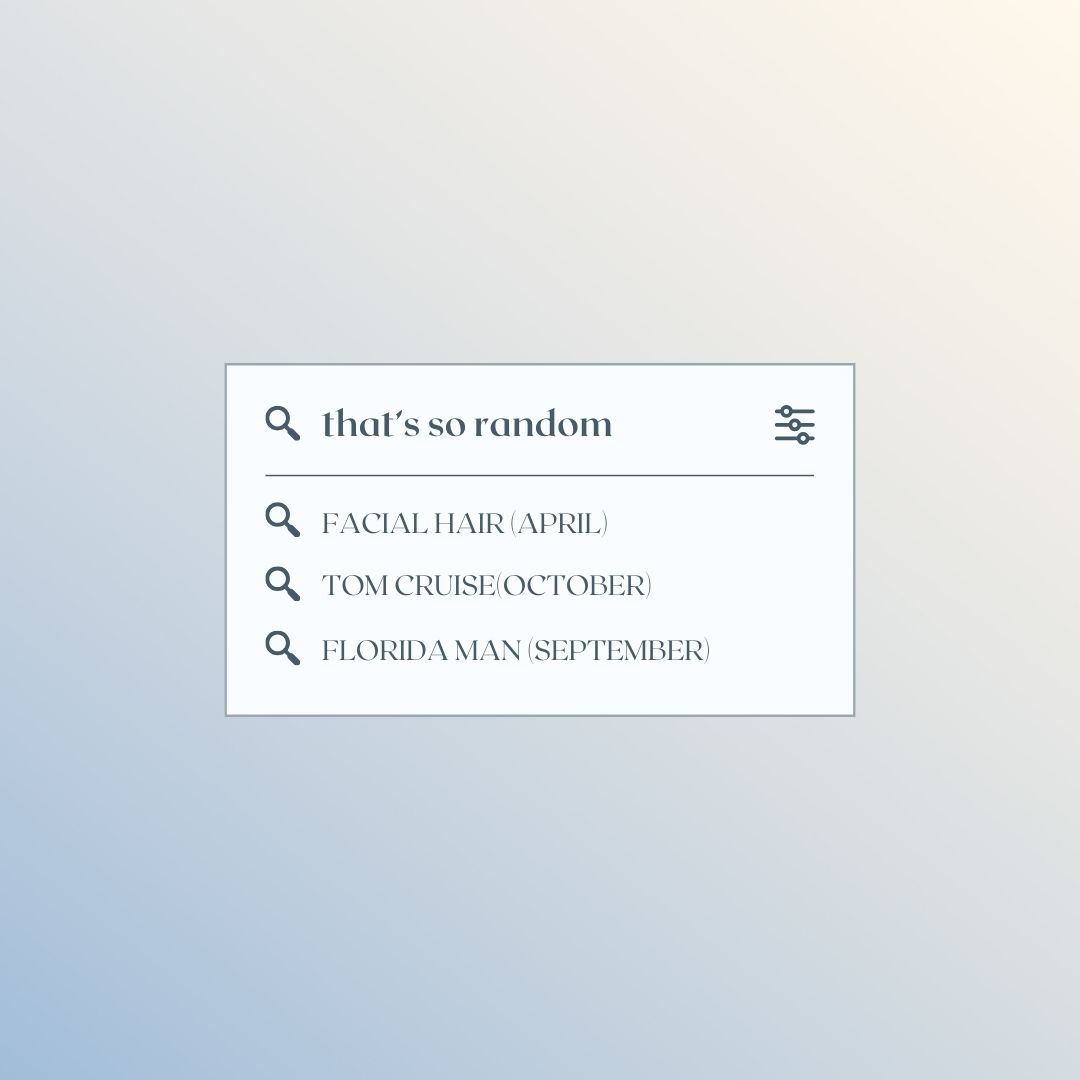
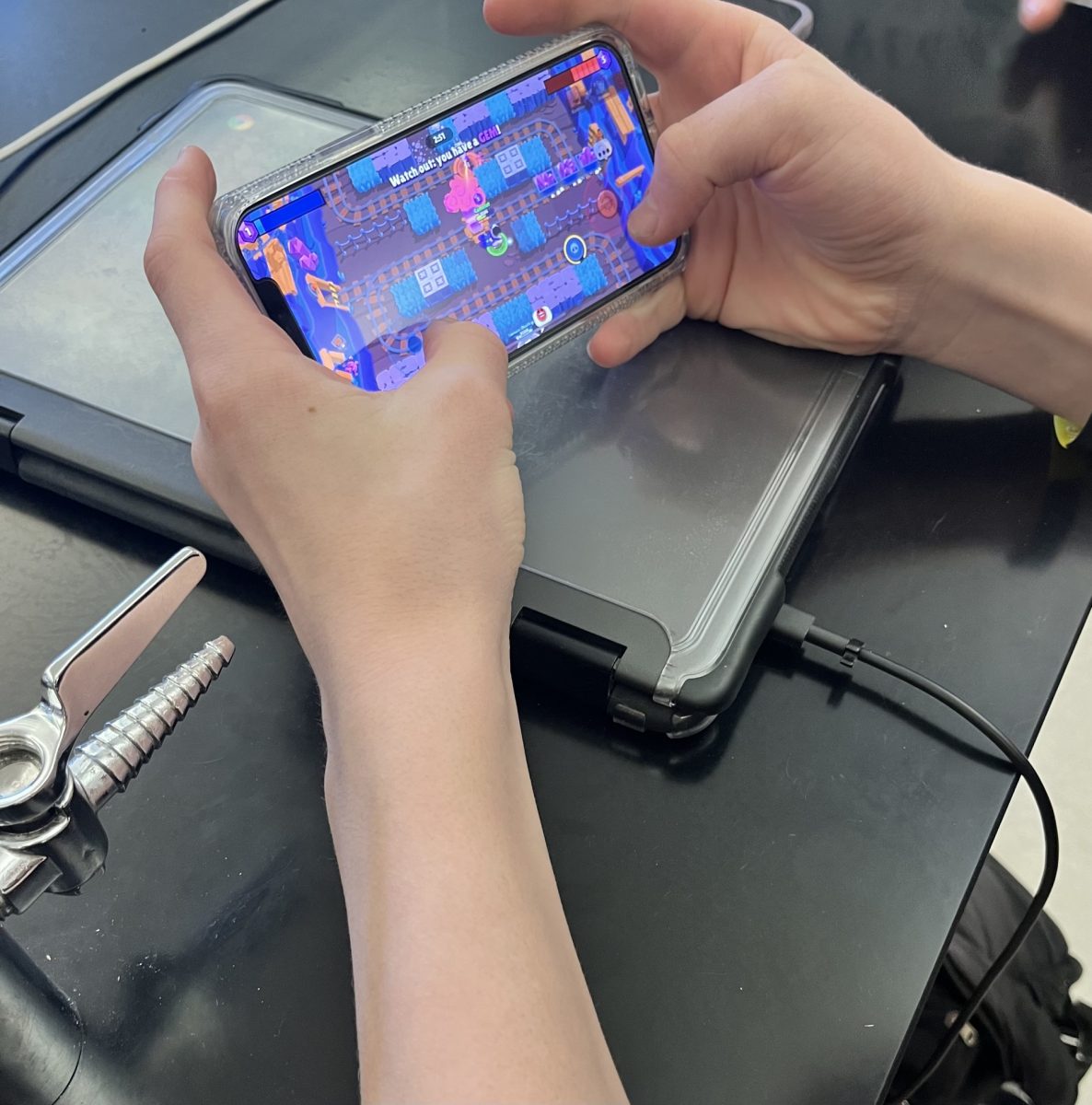
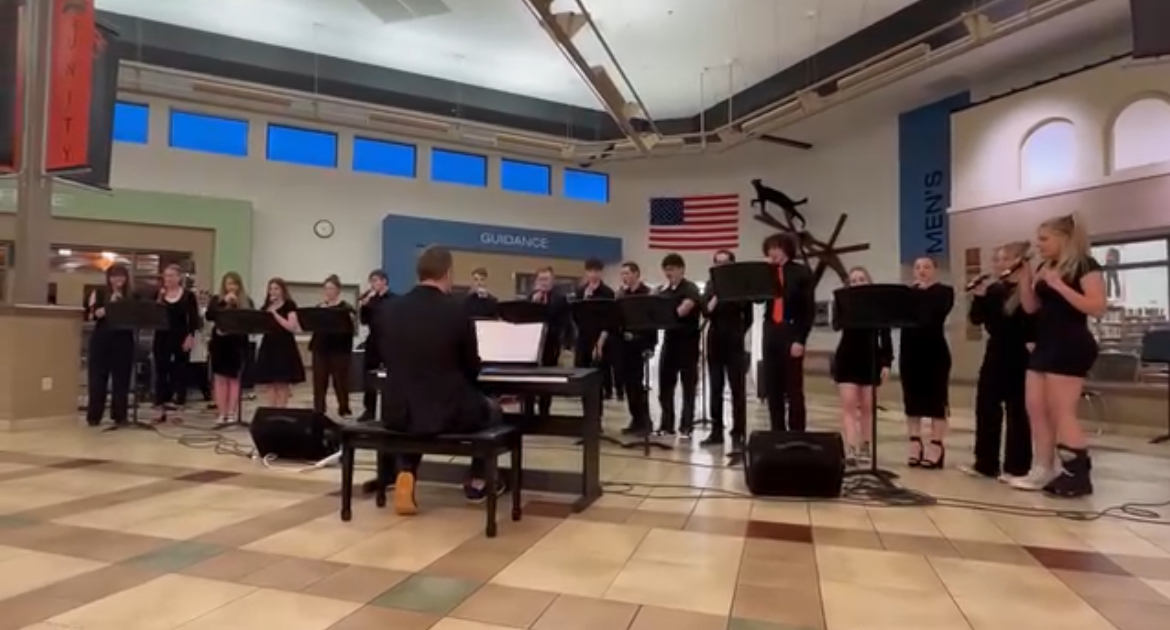
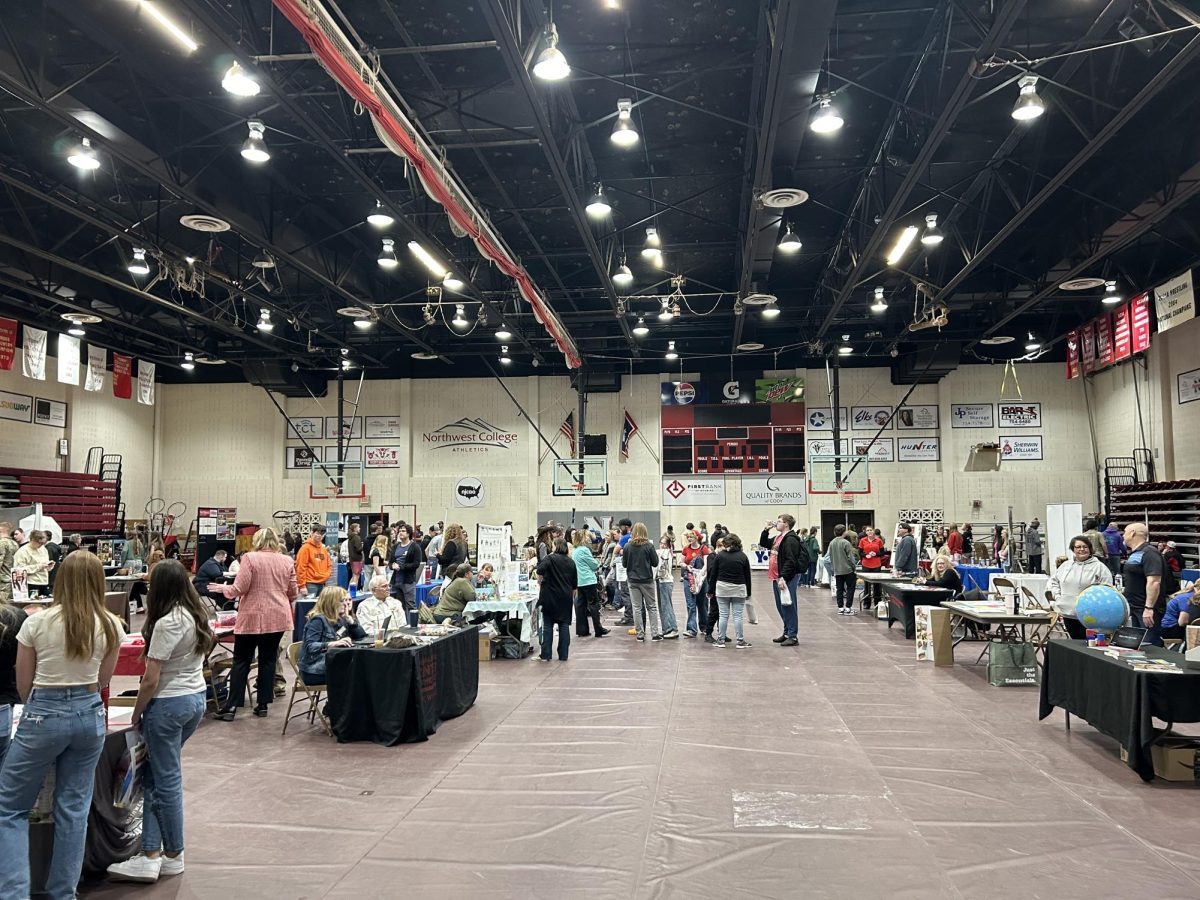
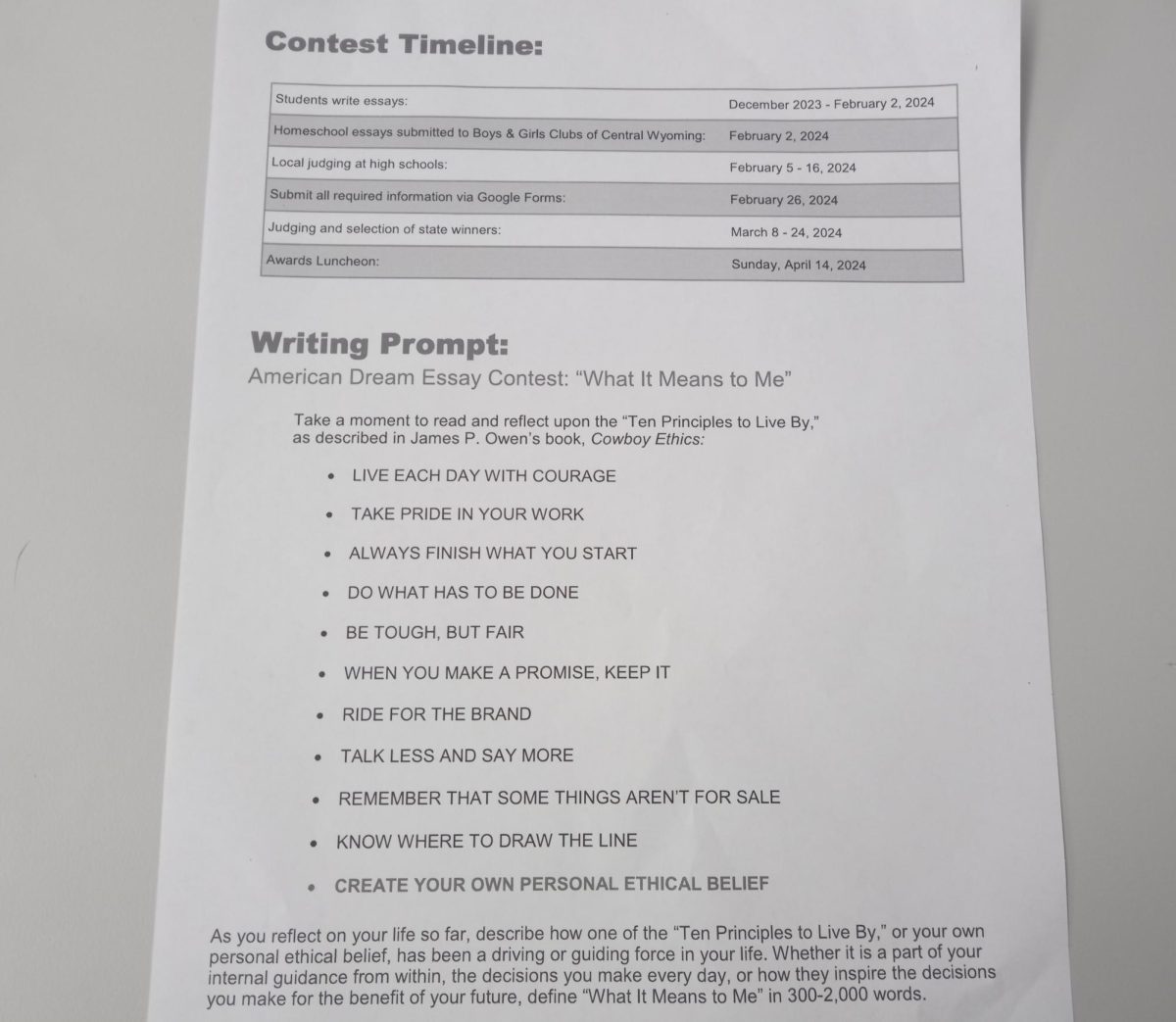
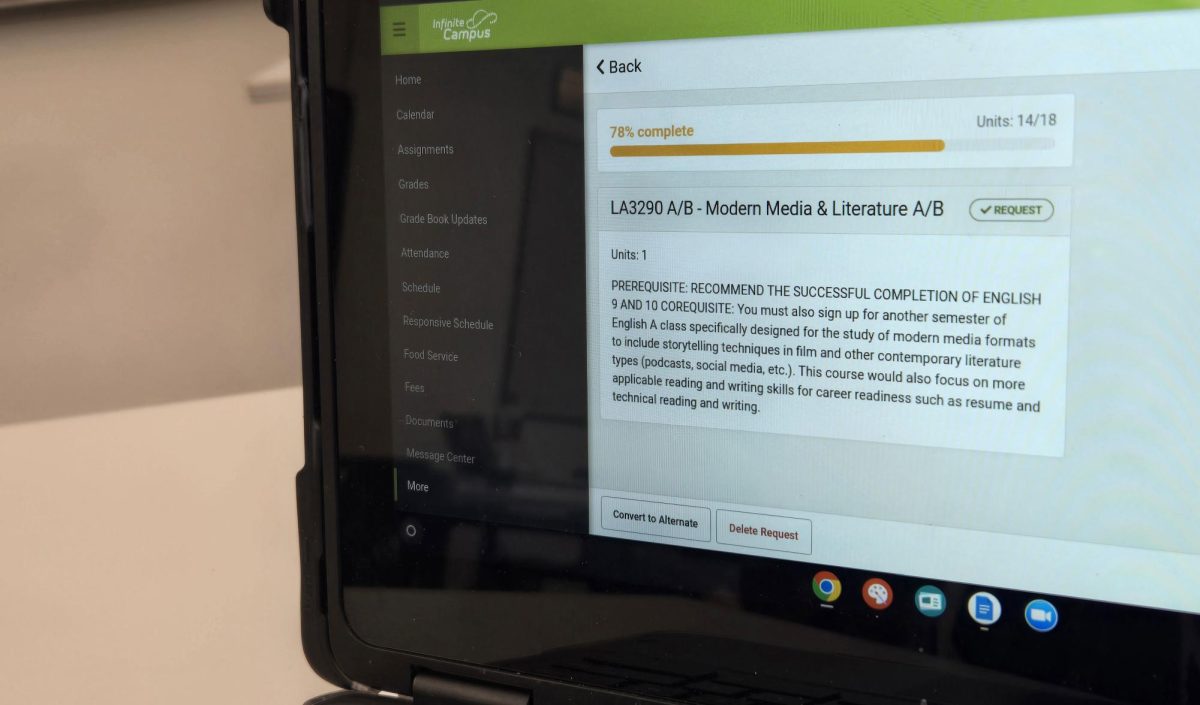

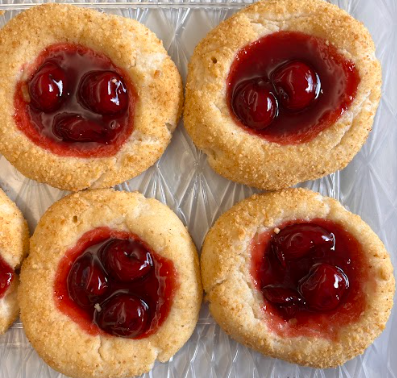
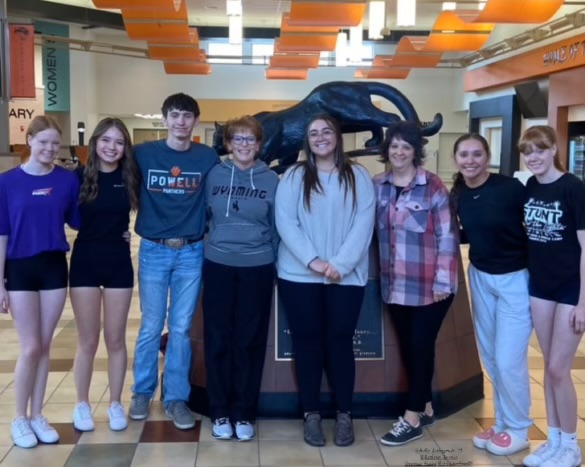

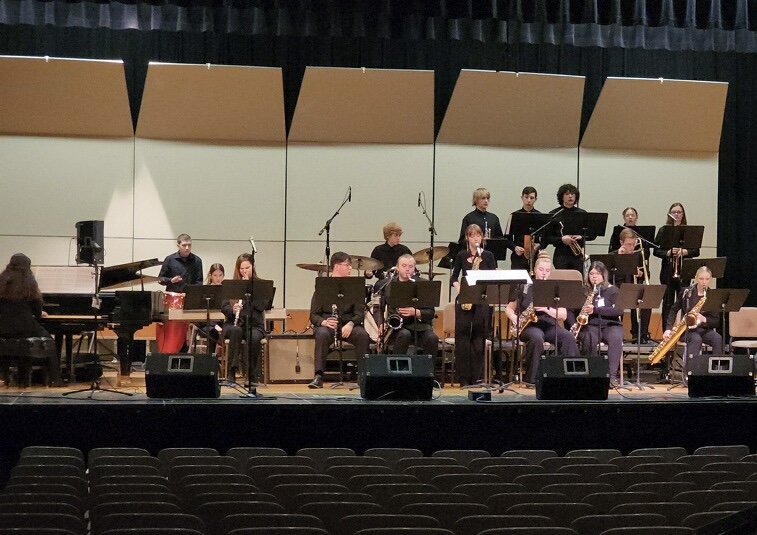
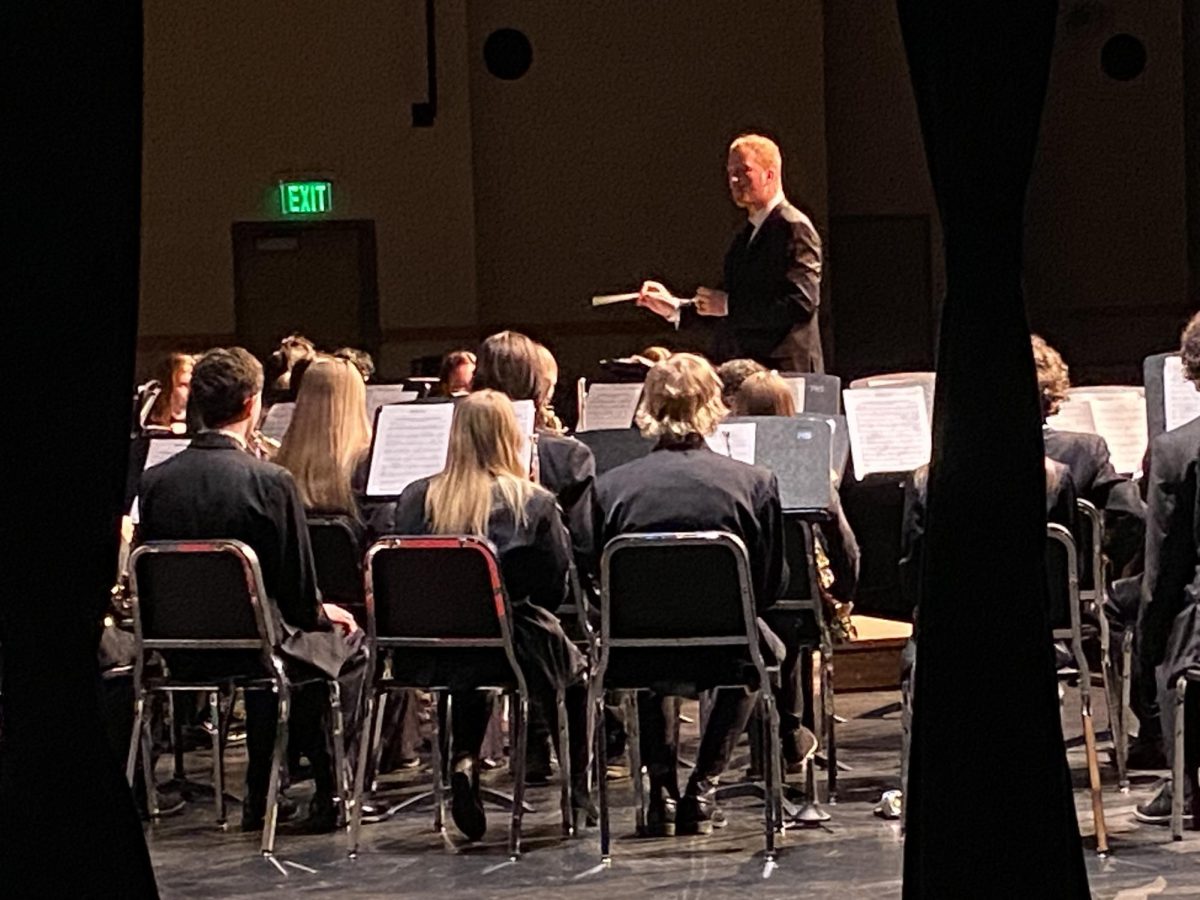
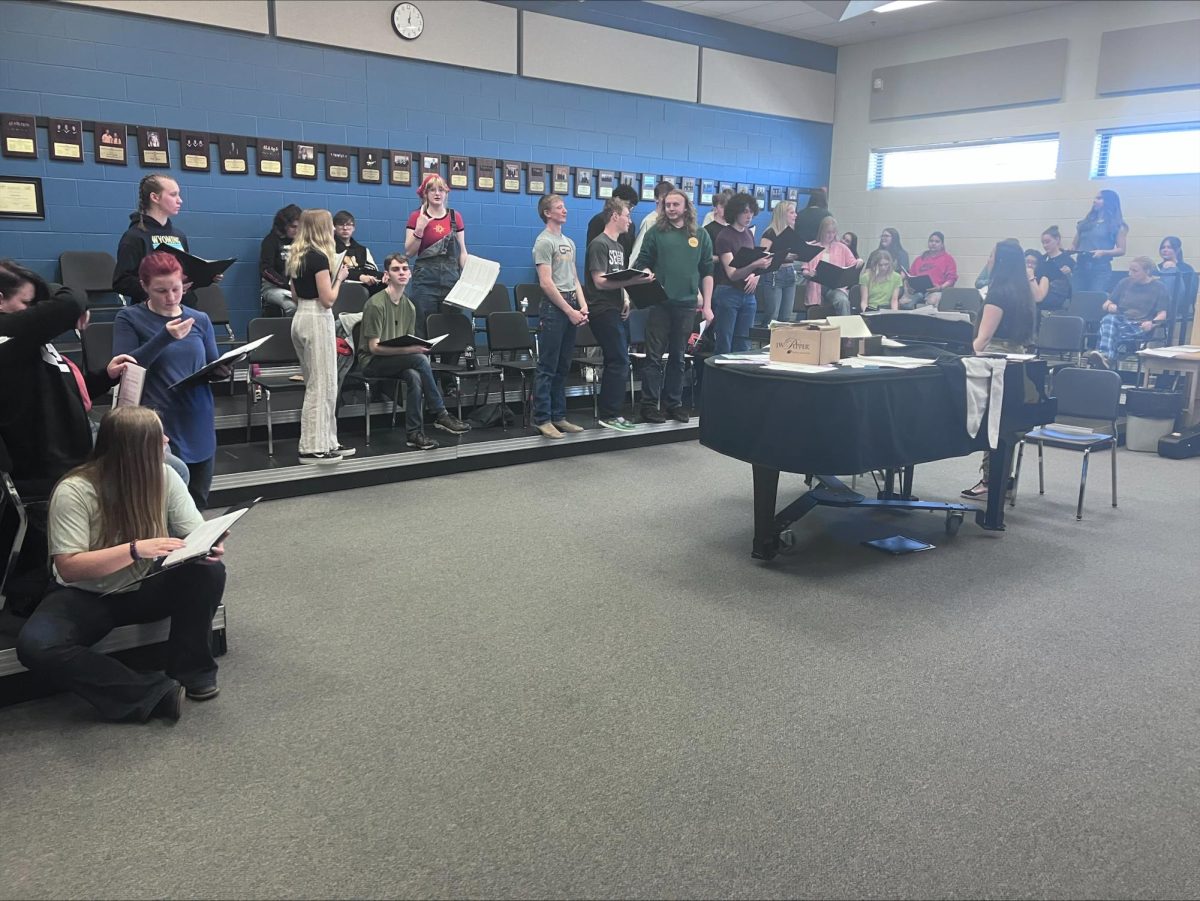

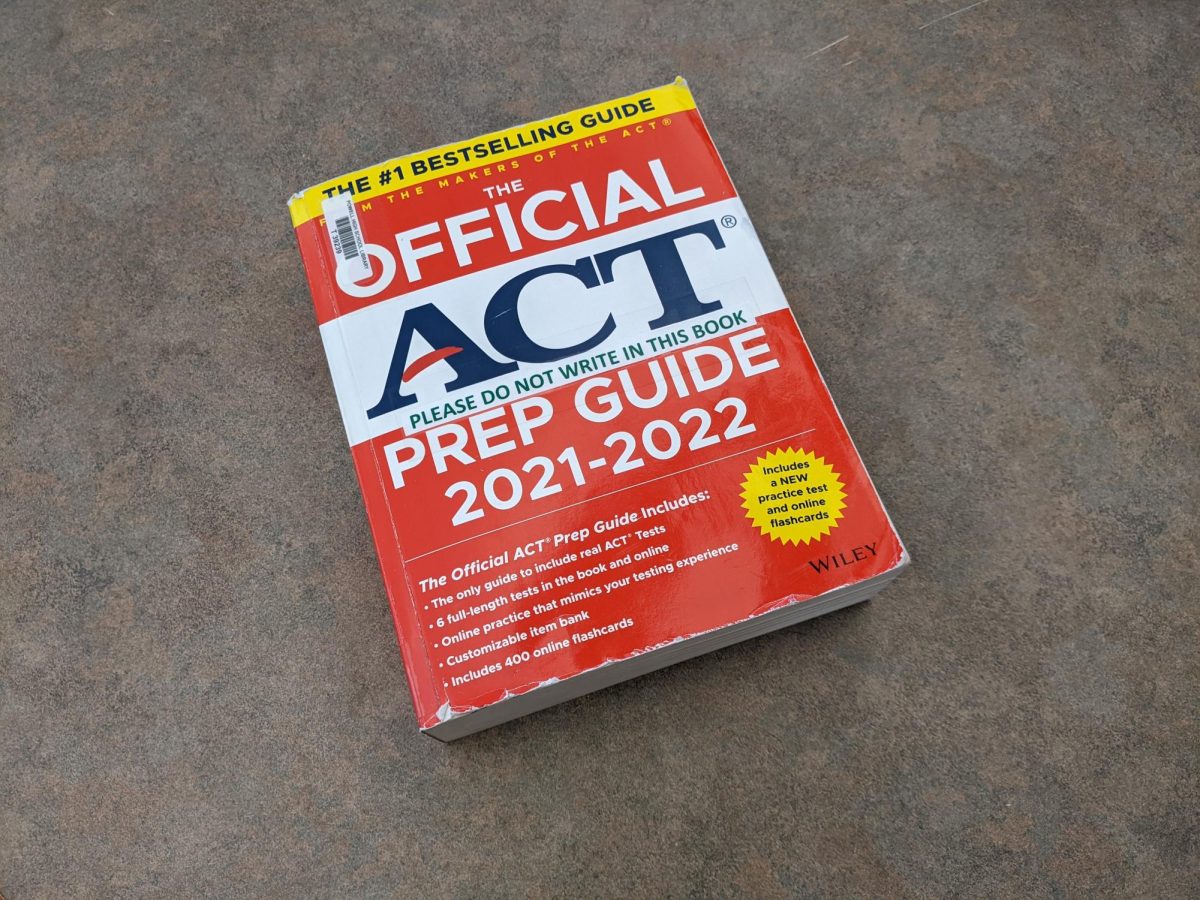
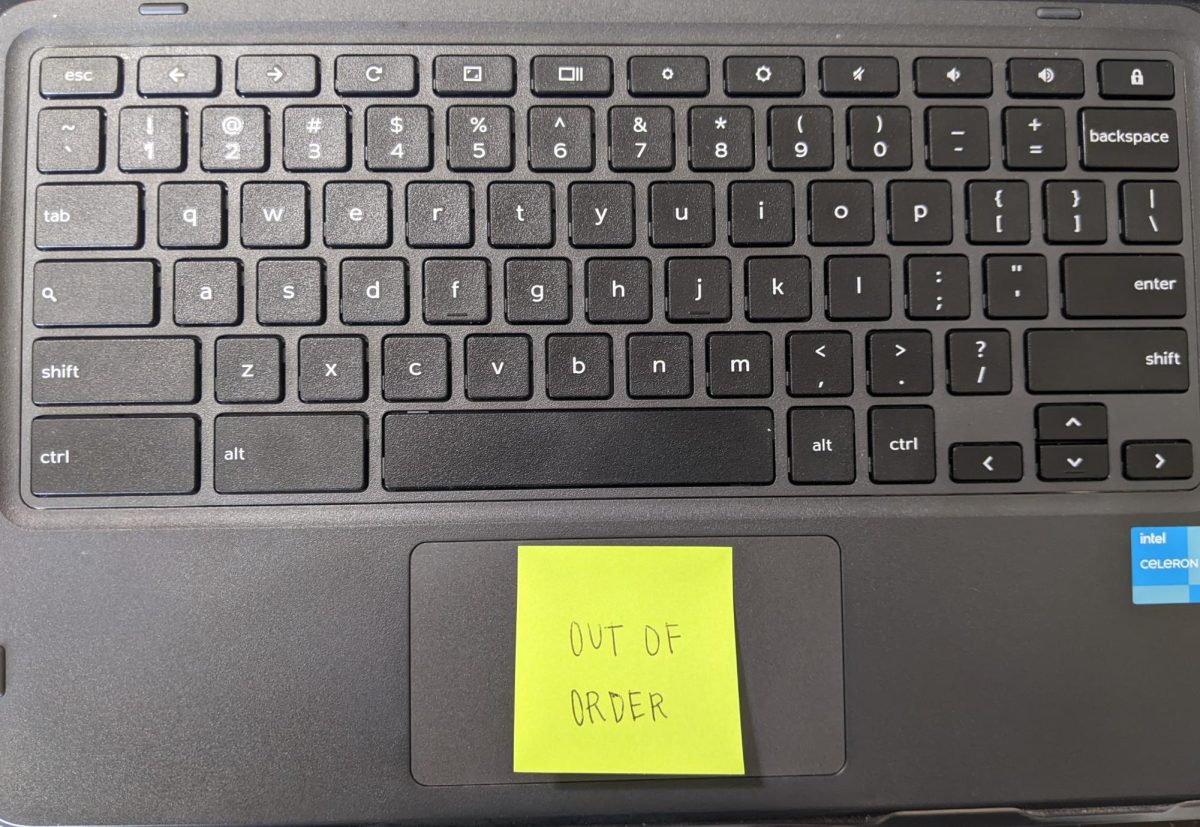
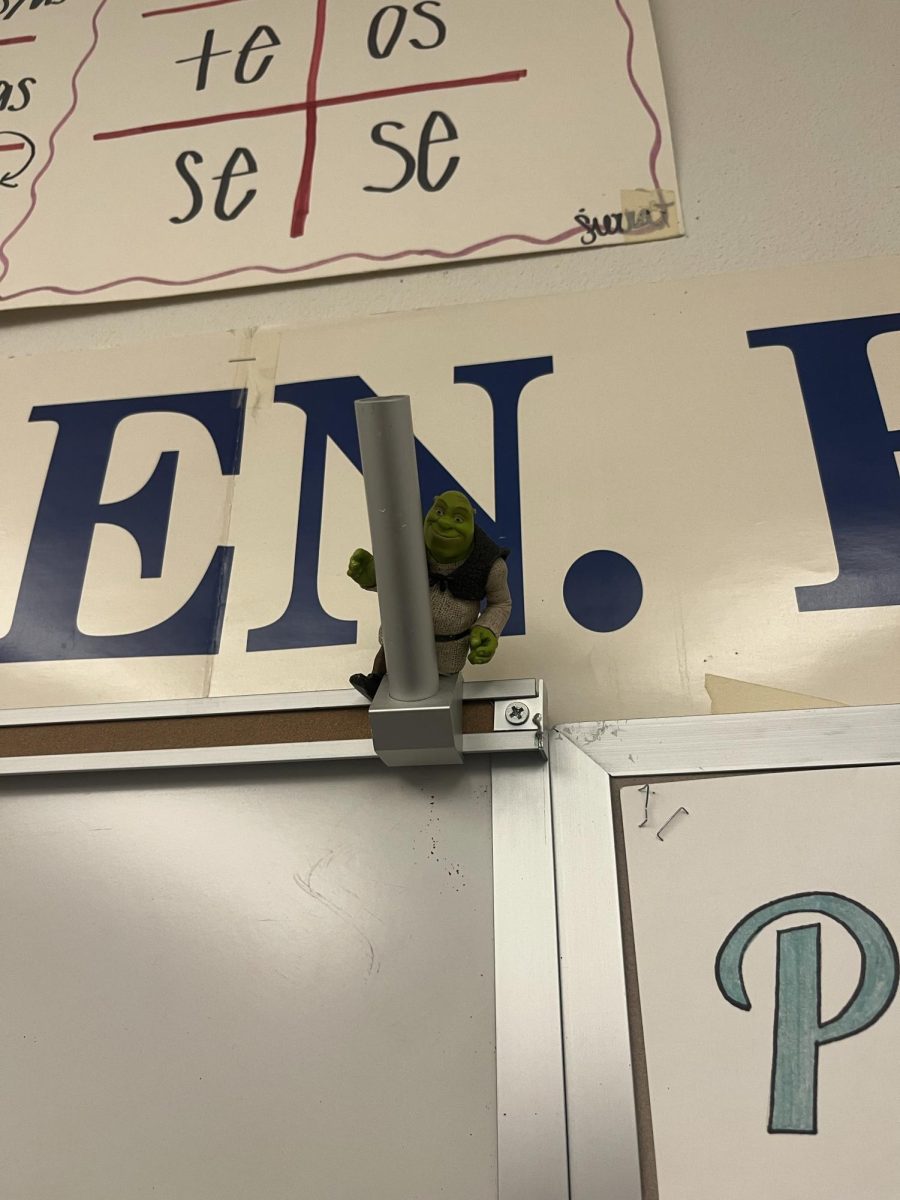
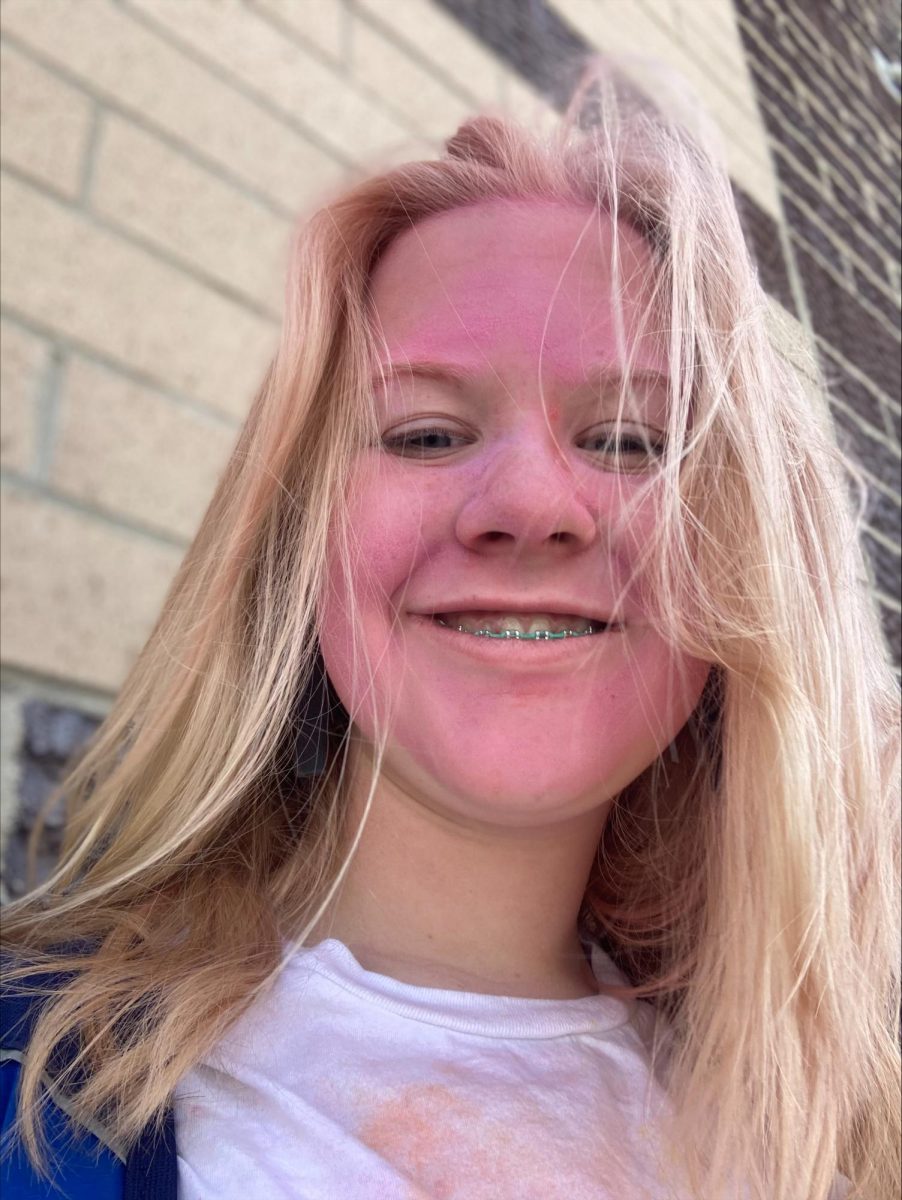
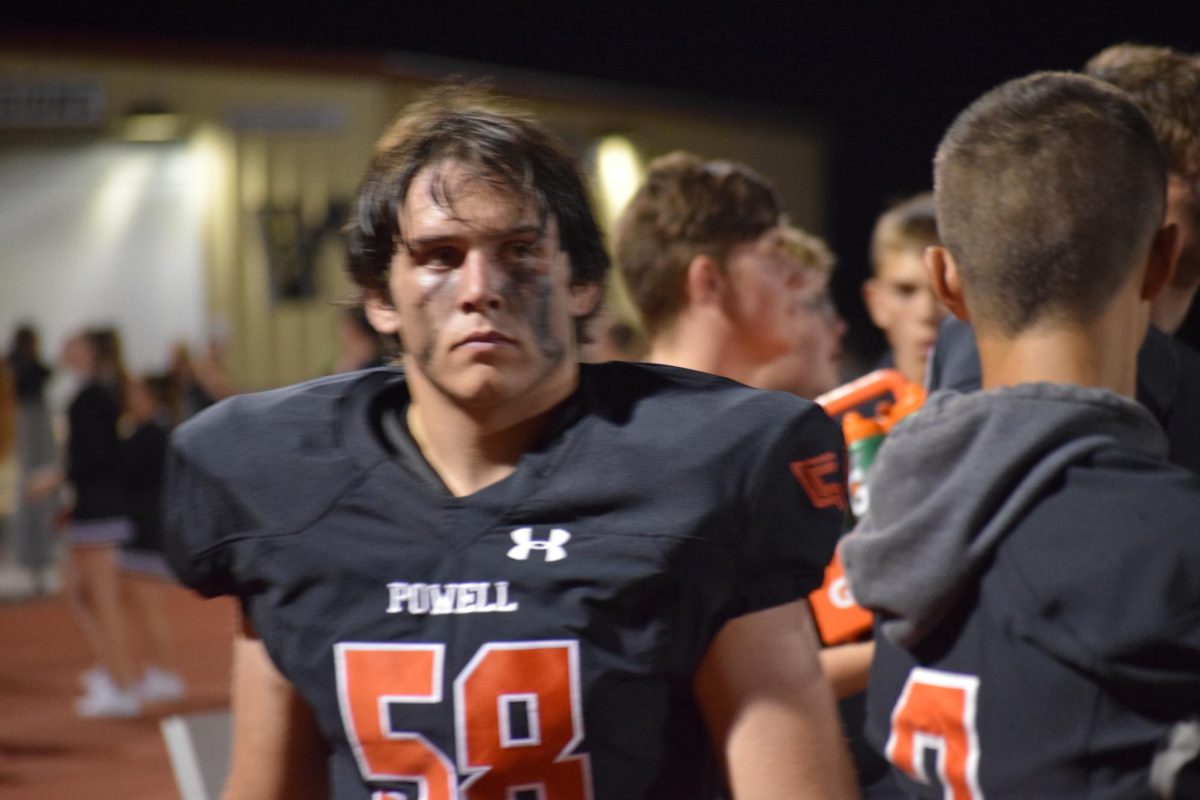
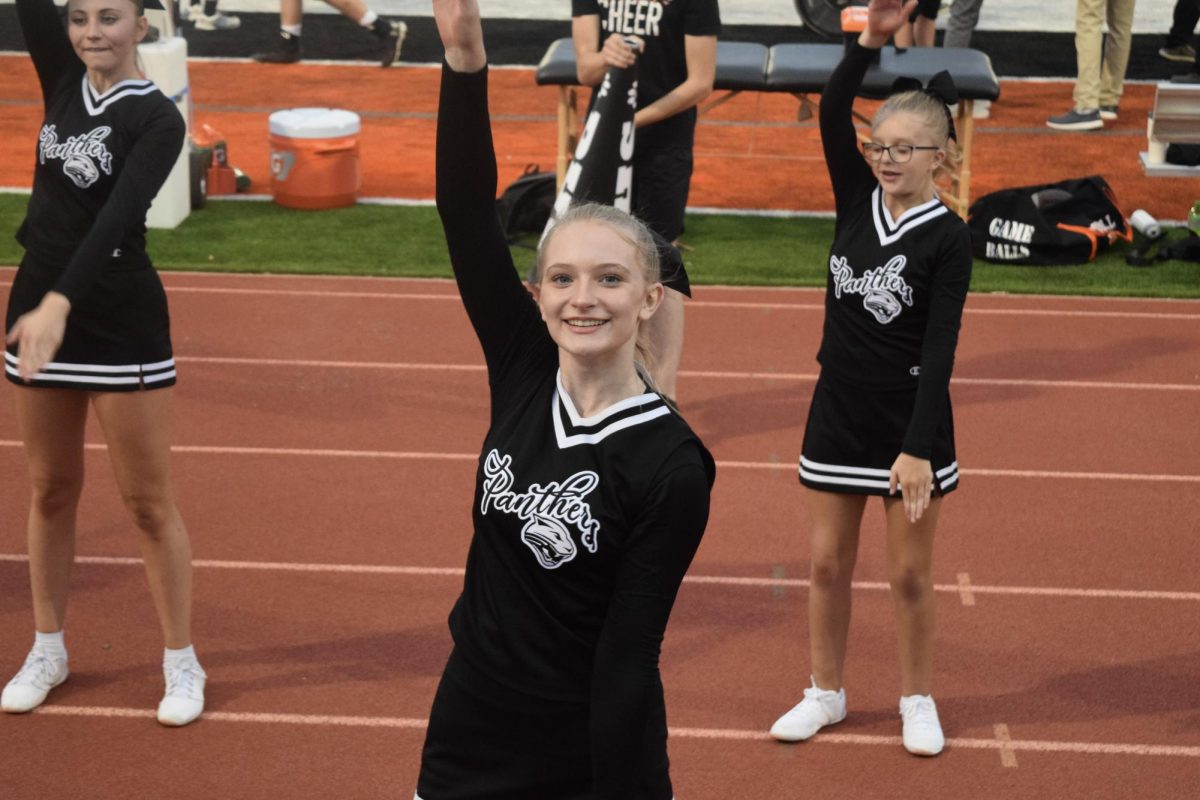
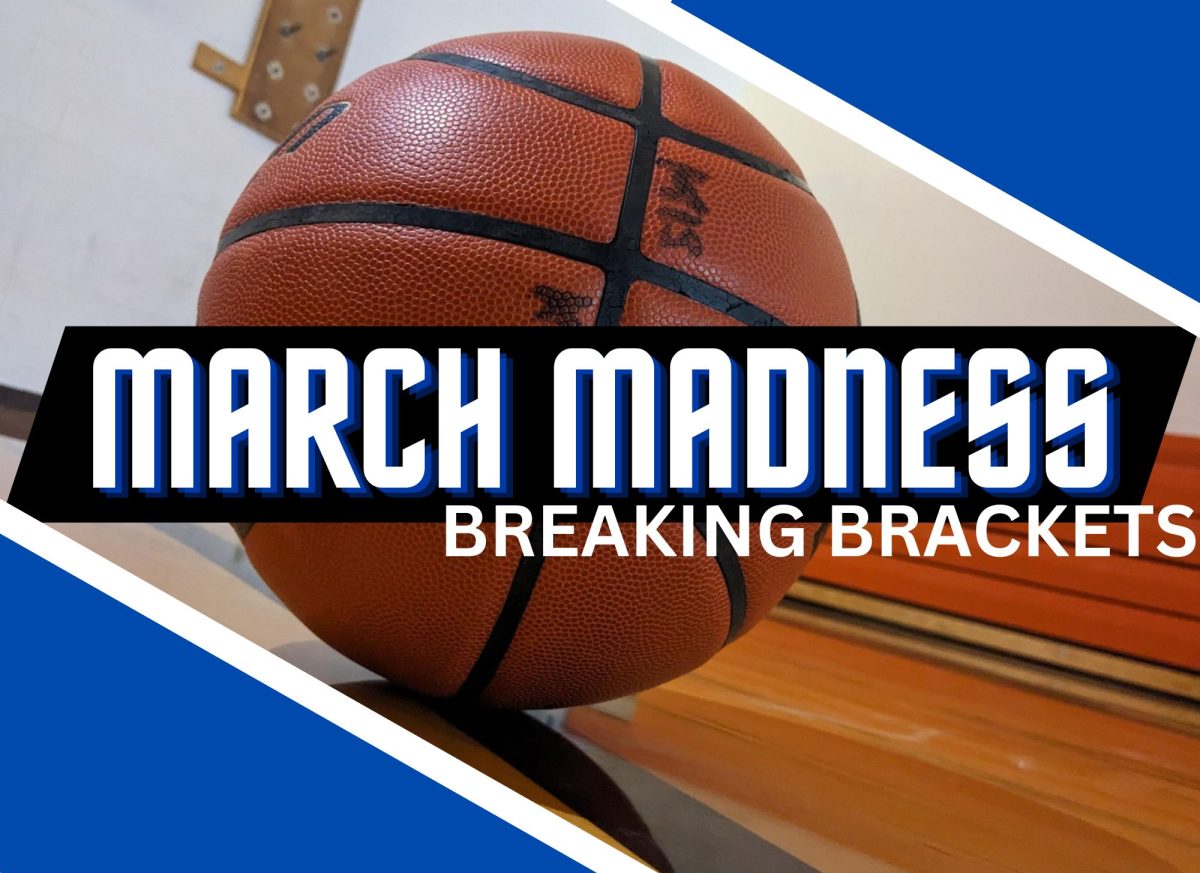
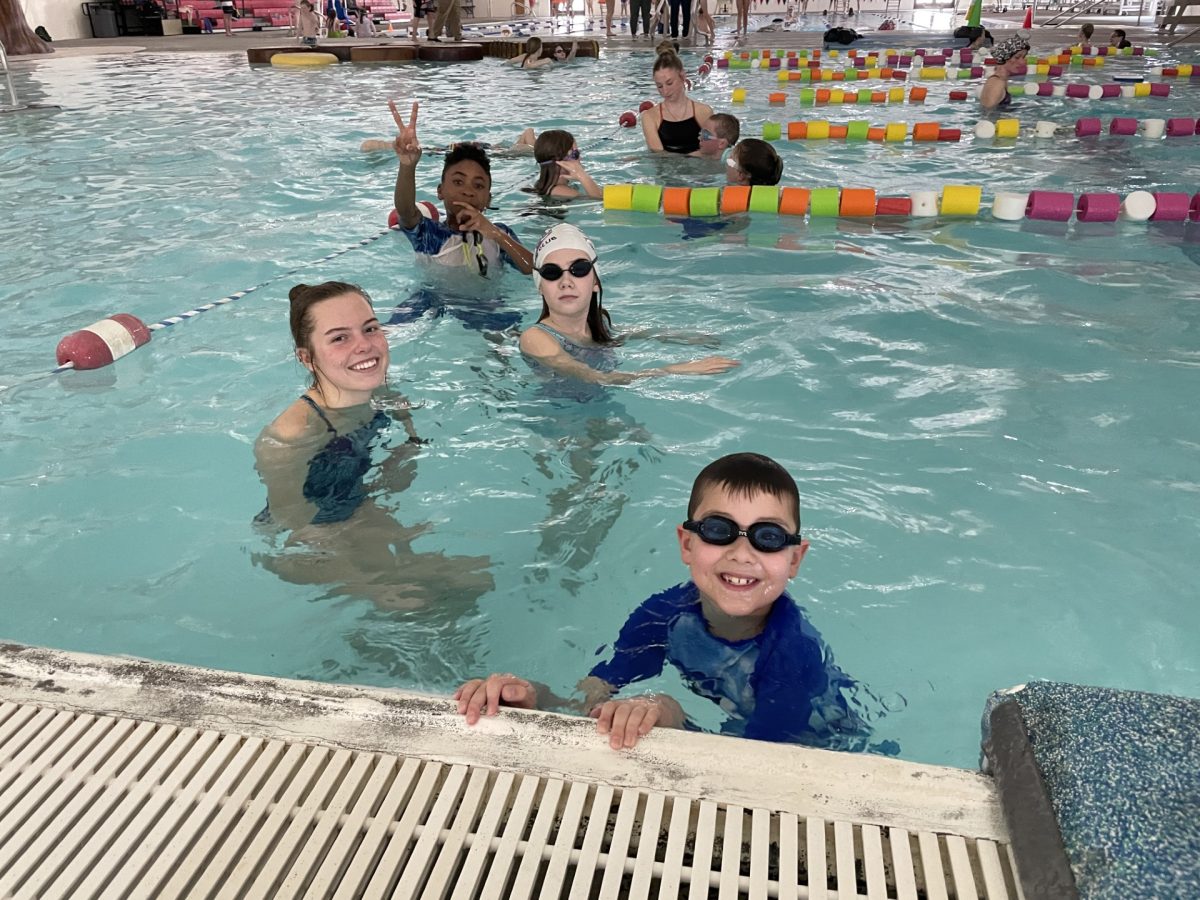
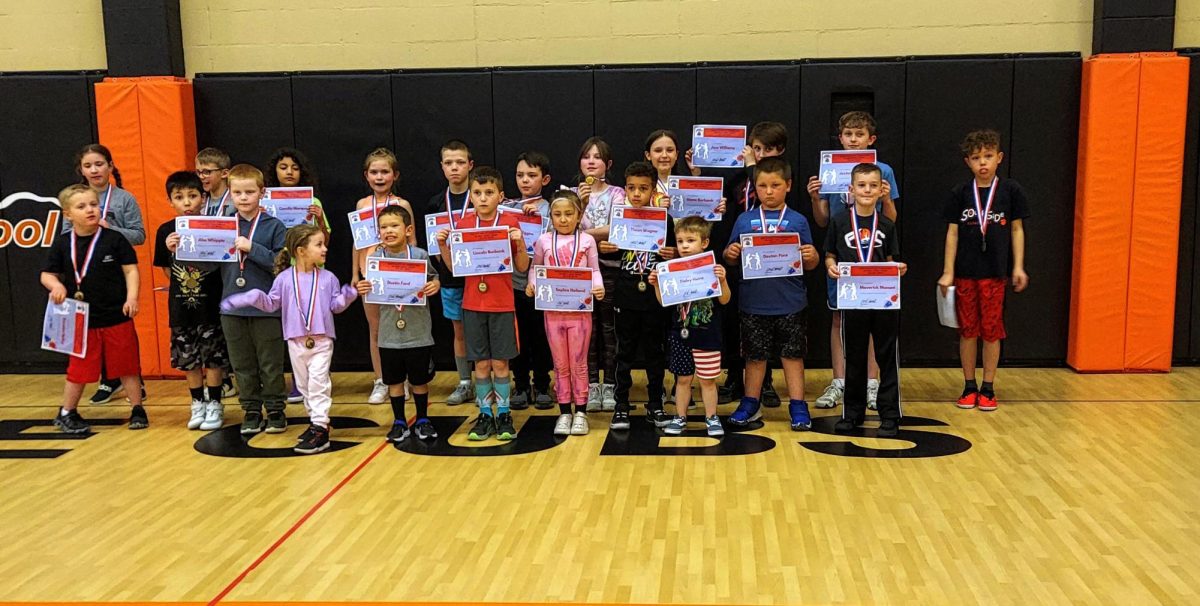
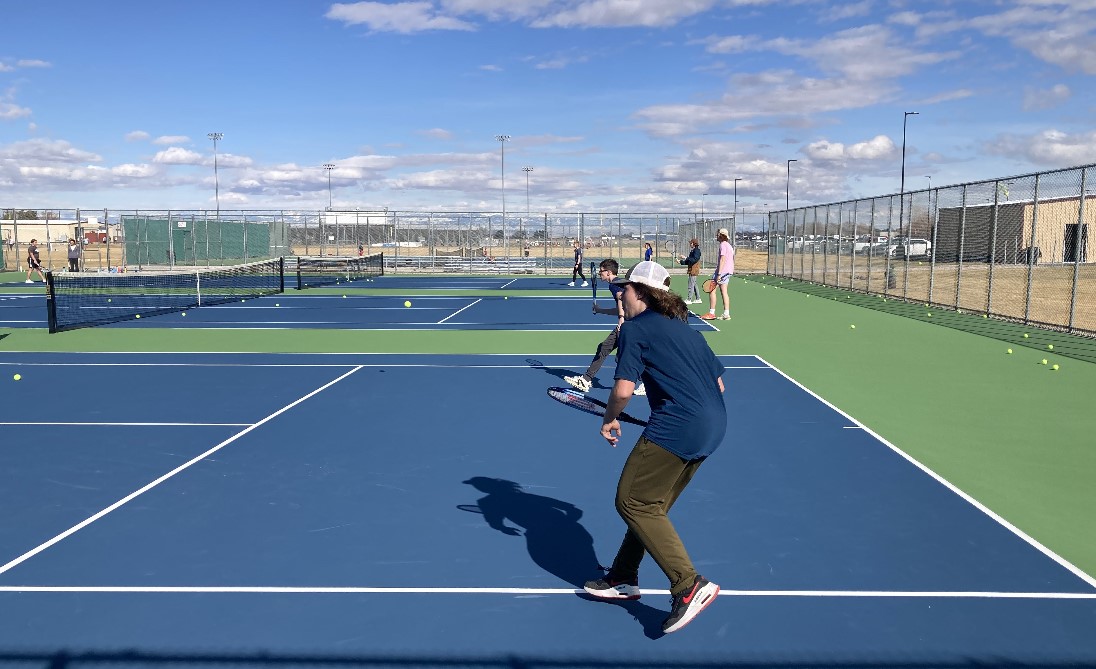

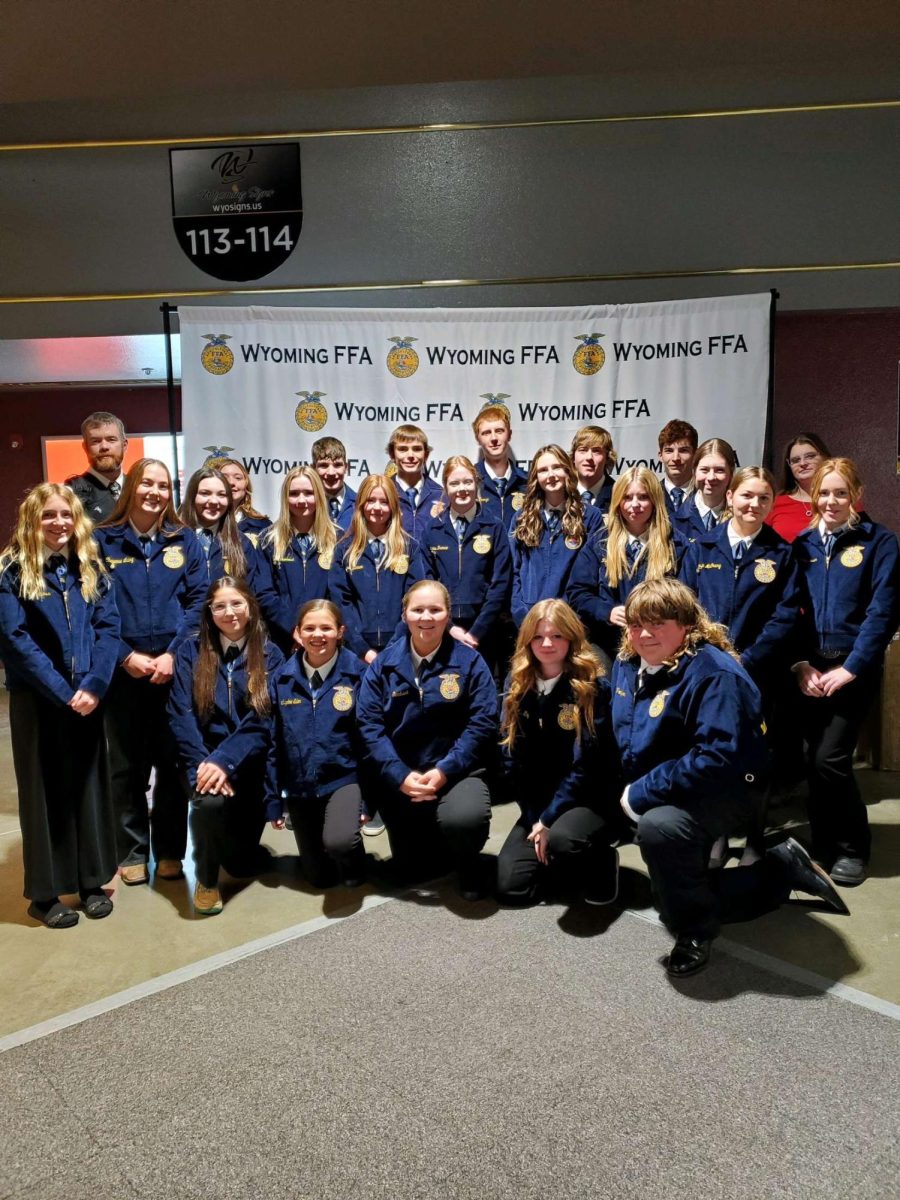
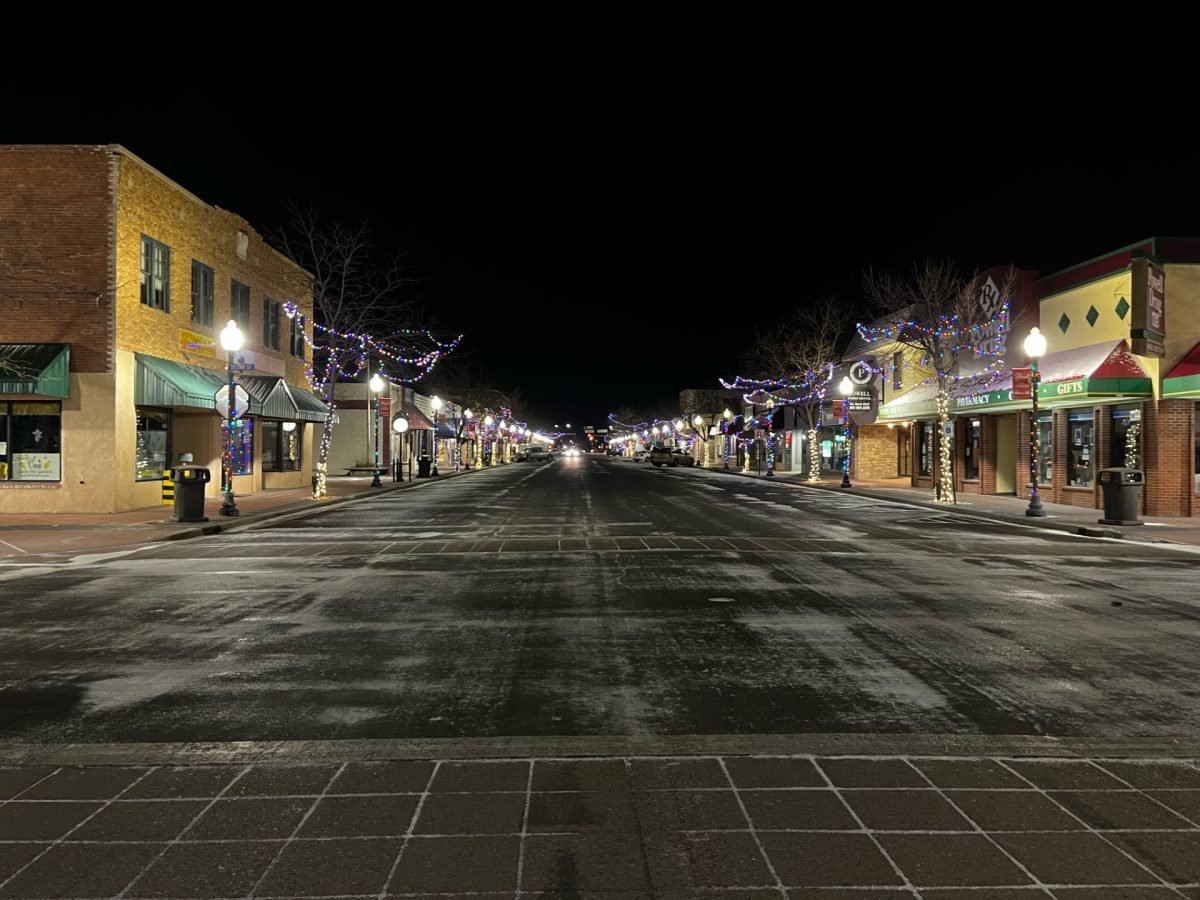
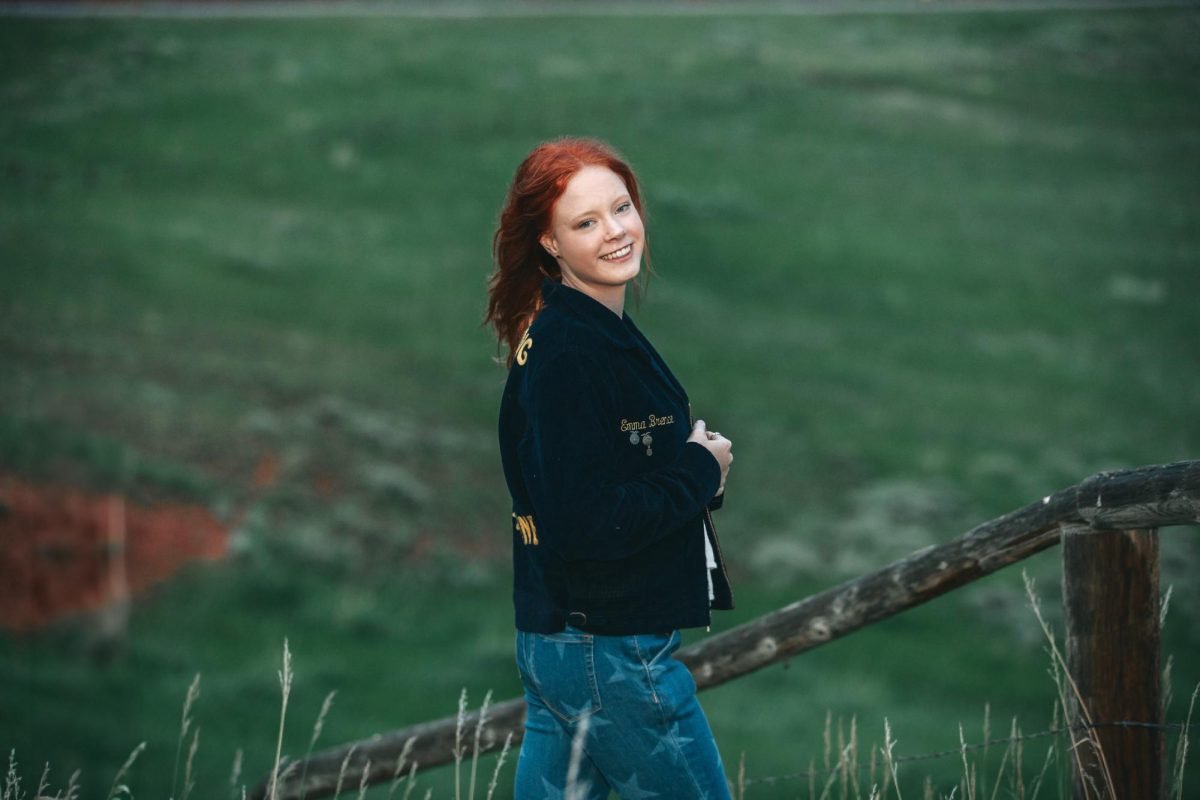
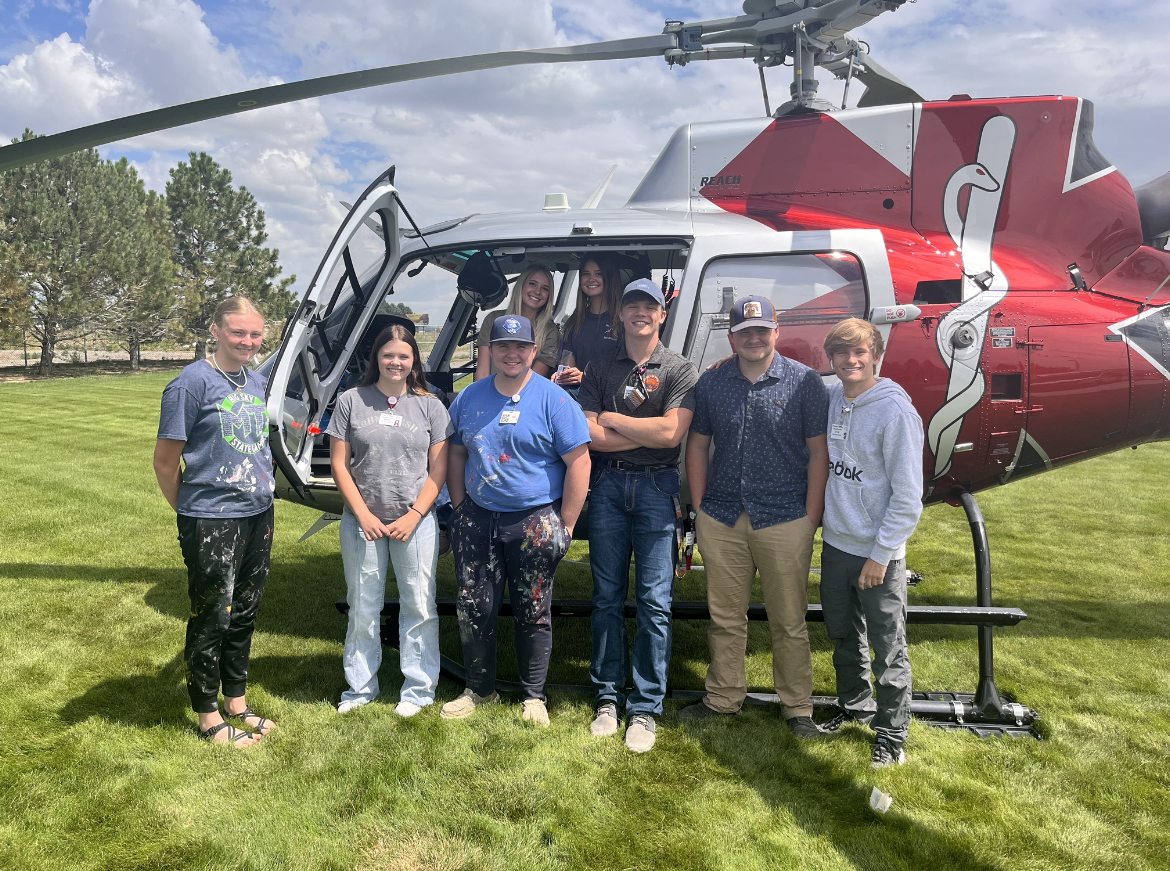
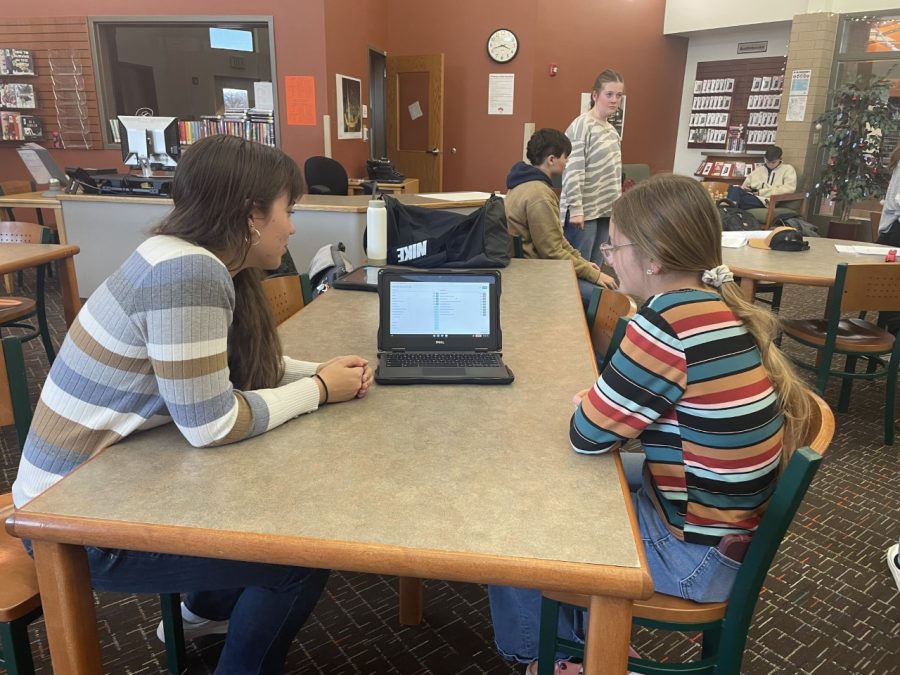
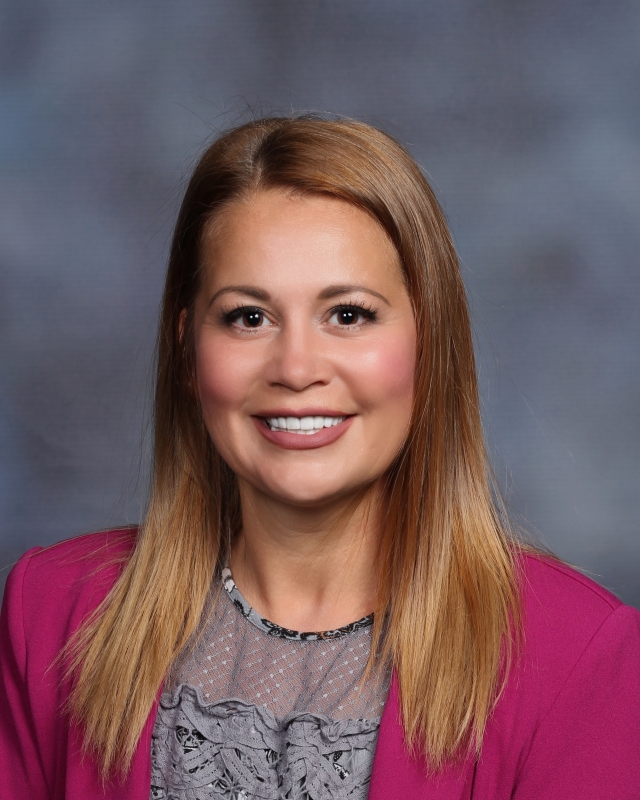
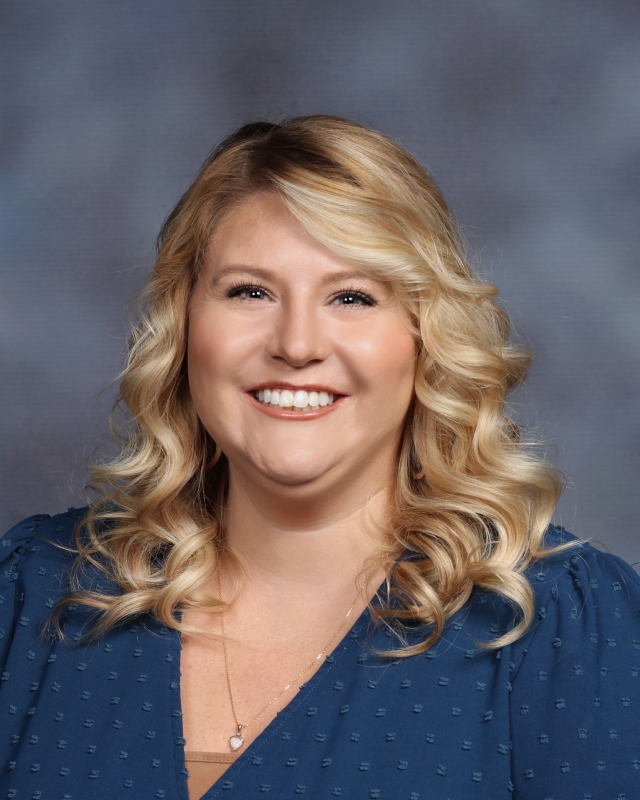
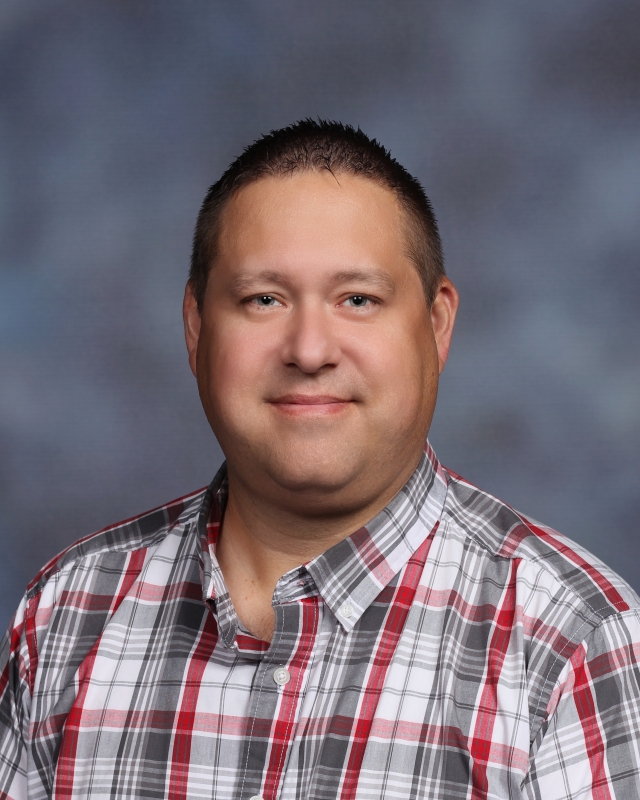





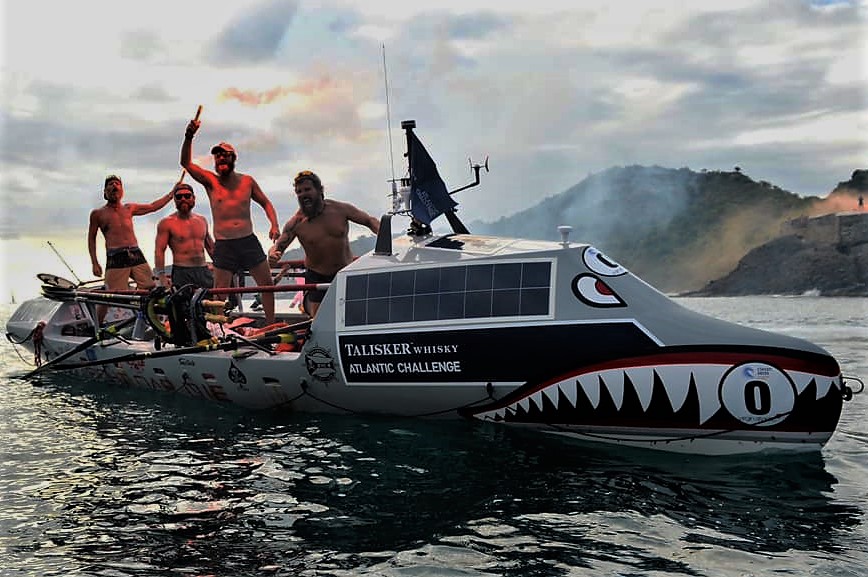
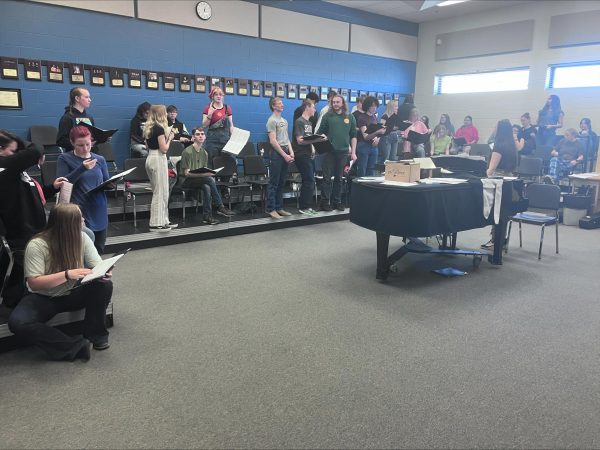
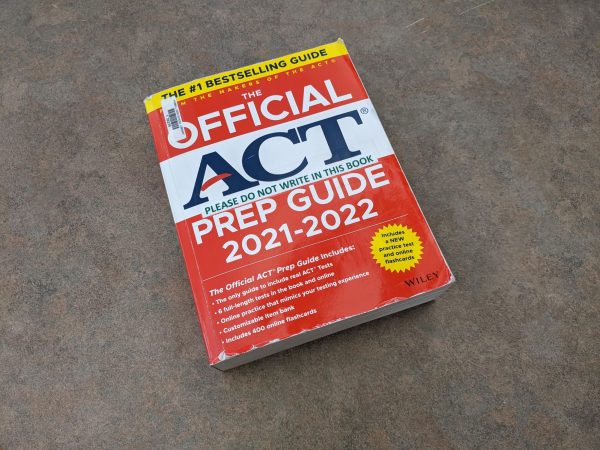
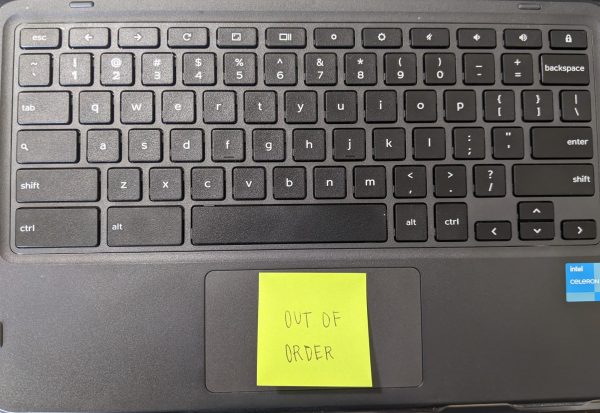
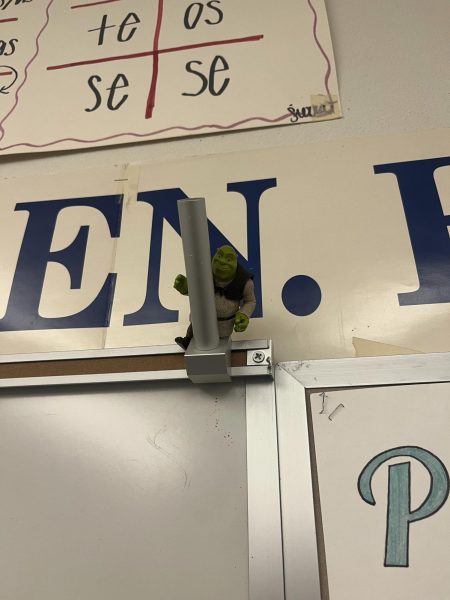
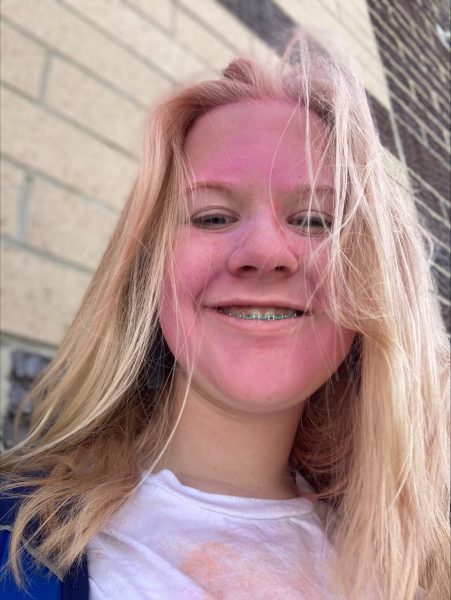
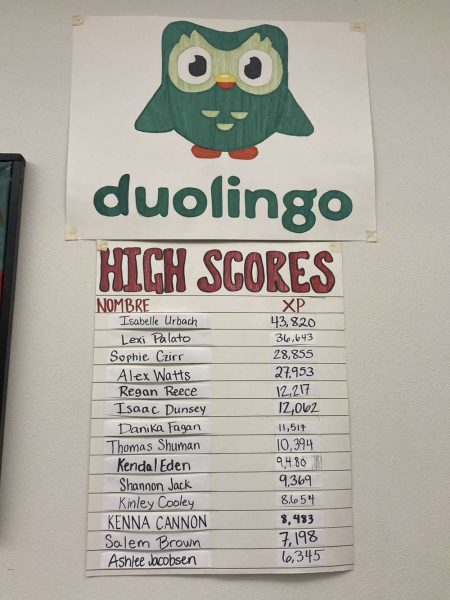
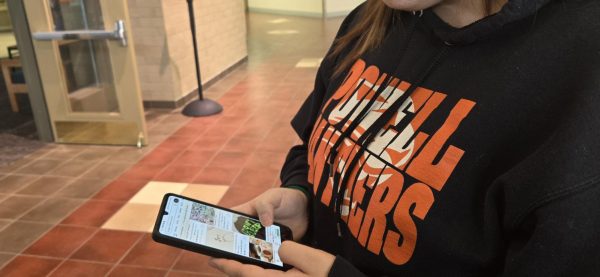
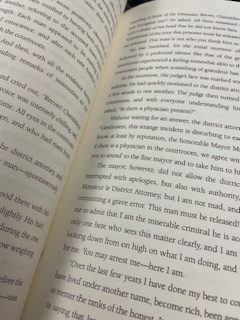

Brandon Preator • Apr 2, 2019 at 1:18 pm
How about ‘amazing’, ‘driven’, ‘thoughtful’, maybe a little crazy 🙂 but I liked your first word…..hero. What they did is a remarkable feat, and his story would be riveting! Thank you for sharing!